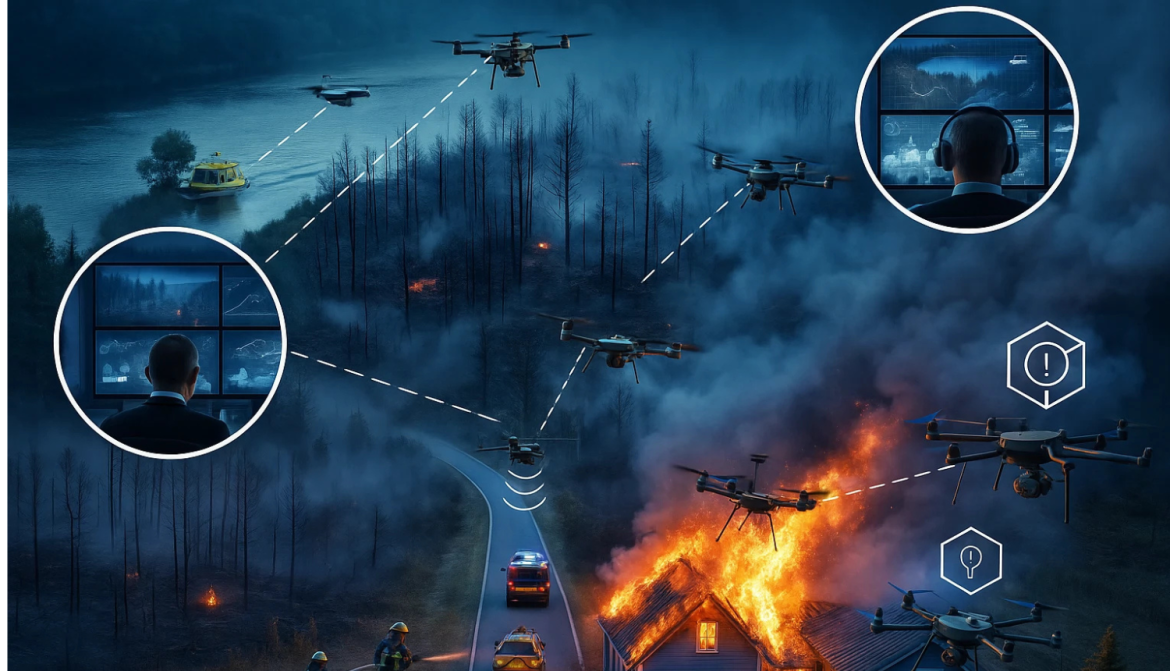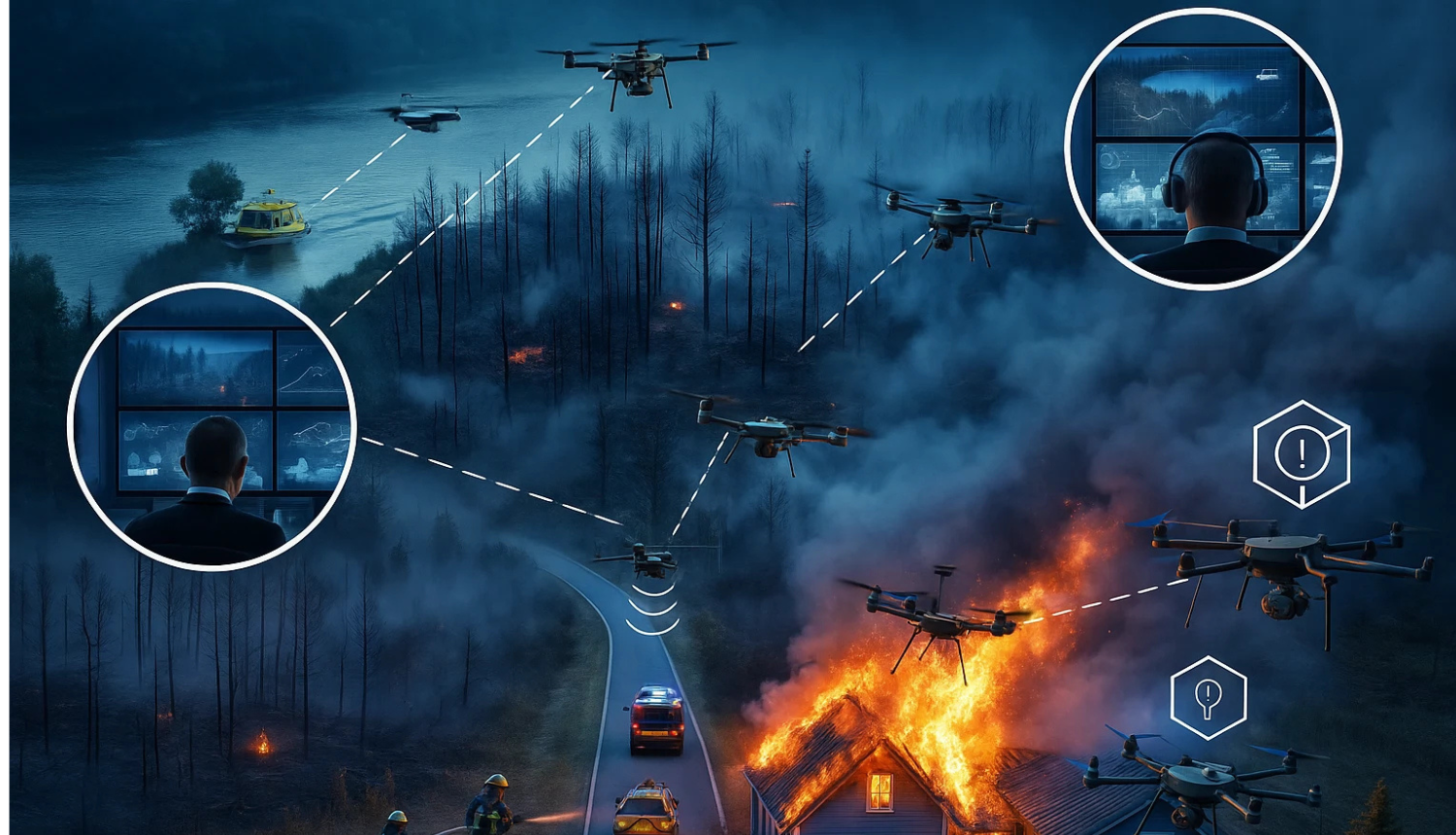Riga Technical University (RTU) is participating in an international project to develop advanced unmanned vehicle (UxV) technologies for civil security, critical infrastructure protection, and emergency response. RTU researchers are contributing to the project by developing a unique navigation solution based on radar data, which will allow unmanned aerial vehicles to navigate autonomously in complex environments such as forests or urban areas.

The project, titled "PROACTIF", brings together 42 partners from 13 European countries, with a total budget of nearly €42 million. It aims to develop nine innovative technologies and five unmanned platforms, integrating various types of sensors and artificial intelligence to enable fast and safe responses to emergencies such as forest fires, search and rescue operations, and critical infrastructure monitoring. The use of UxV technologies will provide a comprehensive understanding of the location and severity of incidents, along with in-depth situational analysis through frequent and efficient sensor data collection.
"A project of this scale offers RTU researchers the opportunity to collaborate with leading European research institutes and companies, strengthening the university’s scientific capacity and advancing Latvia’s involvement in the development of key European security technologies," says the project’s scientific lead, Artūrs Ivanovs, a researcher at the RTU Institute of Applied Computer Systems.
The project’s goal is to address critical challenges in security and sustainability, delivering tangible benefits to society while also strengthening Europe’s technological resilience and leadership in electronic communications, robotics, and drone autonomy. The "PROACTIF" project is co-funded by the European Union, with "Nokia" as the leading partner.


